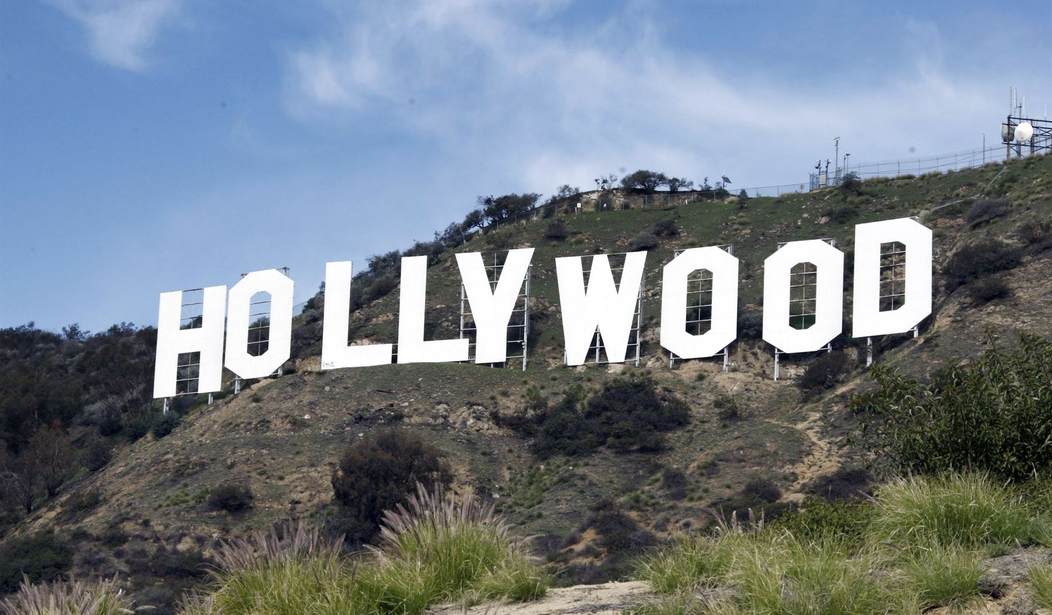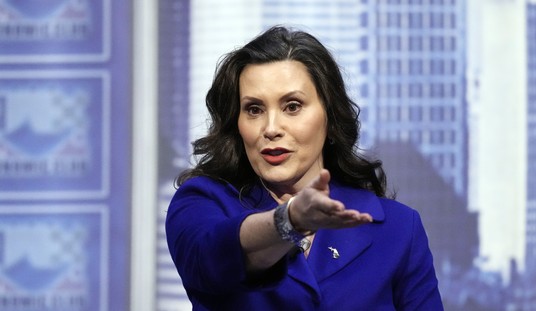I've always loved movies, and I still do. When I was a little tad back in northeastern Iowa, the nearest theater was a single-screen affair some 20 miles away. We didn't go often, but when we did, it was for something special. I remember going to see Mel Brooks' masterpiece "Blazing Saddles" at that theater, and it was one of the few times I ever heard my taciturn father laugh out loud.
Nowadays, we have the enormous multiplex theaters, but again, I find myself now 30 miles from the theater in Wasilla, and since we don't care for crowds or waiting in lines, we rarely go. But this amazing modern era we live in today allows us, through various streaming services, to bring movies right into our living room. So, whenever I want, I can watch great classics like "Casablanca," favorite comedies from my youth like "Hollywood Knights" and "Animal House," or more contemporary and compelling films like "American Sniper."
These days, though, Hollywood has a distinct tendency to turn out real grenades - and now they are pushing a roundabout way to get us to pay for them, whether we want to see them or not.
Some Hollywood trade unions and other groups are urging lawmakers to give financial incentives to the American film industry following President Donald Trump’s sweeping tariffs on foreign nations.
Actor Jon Voight, Trump’s special ambassador to Hollywood, alongside Voight’s manager Steven Paul, met with the president over the weekend to discuss a strategy to boost domestic film production. The proposed plans include introducing federal tax incentives, making changes to several tax codes and implementing infrastructure subsidies for production companies and movie theater owners, The New York Times reported.
While it's sad, the radical "progressive" road Tinseltown seems to have traveled down, asking us to pay for it, directly or indirectly, when they produce real grenades - that's "A Bridge Too Far." Movies are a product like any other; no matter how "Psycho" the premise of any given film is, the only financial considerations that should be involved are the number of bums in seats, paying for tickets to watch the thing. If they lose money, then the producers and directors should be dragged down "Sunset Boulevard" and kicked out of town.
Maybe they could find new jobs waiting tables in "Chinatown."
Now, to be fair, most of the requested breaks are extending and expanding deductions; they aren't subsidies. You don't have to be the "The Wolf of Wall Street" to recognize a key difference here.
See Also: ‘Make America Film Again’: Trump Finds Surprising Support From Hollywood for Latest Tariff
Trump Looks to Launch Golden Age of Hollywood by Imposing Tariffs on Foreign-Made Movies (Updated)
Hollywood should look to the great films of the past, the ones that blasted through ticket-sales records. "Some Like it Hot," after all, and there are reasons some movies do well; it's because, whatever the genre, they give us a two-hour escape from our everyday lives. It's a "Titanic" undertaking to make a hit film, but great movies become part of the culture for a reason: We can enjoy a great comedy, a great tragedy, a vast, freewheeling advanture or a daring escapade, all for the price of a ticket and maybe some overpriced, rubbery popcorn.
These days, Hollywood's ticket sales compete with streaming services, but there's plenty of money to be made in the film industry nonetheless. I don't much care, mind you, if the movies are actually filmed in Hollywood, in Canada, in Georgia, or in "A Streetcar Named Desire," as long as they're entertaining.
There have been a few good films released lately. The recent "Nosferatu" remake was amazing. It was dark, chilling, with great cinematography, great character development, and a villain that, unlike many of the rather handsome and romantic vampire villains of the past, was a monster. The Count Orlock of this film looked like what he was supposed to be: The animated corpse of a 14th-century Hungarian nobleman. This was a villain that could only be "Unforgiven," especially if one was a victim of his blood-sucking "Jaws."
Hollywood would do well to look to films like this for a pattern. There are a million more ideas out there, a million more stories to be told - they encompass "The Good, the Bad, and the Ugly," but they are waiting to be made, if Hollywood could just set aside the woke nonsense, adopt a "Braveheart" and reclaim "A Place in the Sun."
With any luck - and with some more feedback from movie-goers who are giving overly-woke films a hard pass - Hollywood will get its mojo back. It would be "A Wonderful Life" if we could once more enjoy good old entertainment of our choosing; that would have us "Singin' In the Rain" once more.














